We all are surrounded by countless source of data in the form of videos, texts, voices, images and perpetual thoughts in our minds. To ease off and to productivity process them we need to have mental models in place on how to manage them, how to extract useful actionable items out of them and how to successfully store them for future reference.
I was reading a blogpost written by the CEO of Evernote and some of my key learnings and thoughts are:
-
Have a theme workday - On one day, you can take on all leadership/ business facing tasks which makes you see things in macro/ bird eye-view manner. Mondays are ideal for that as following days you can work on the execution part. Tuesdays can be spent on mobilising your team towards achieving the goals as finalised on the day prior. Also, acknowledging efforts of the top-performers so that they are motivated to maintain the momentum during the rest of the week. Wednesday can be spent on Marketing strategy which will take form and executed in following days. Thursday can be spent on other facets of business such as recruiting and product development/ enhancement. Friday can be spent on retrospecting the week, what were the achievements, fronts where improvements are needed. By following a thematic workweek regime, your work won't be much monotonus and there will be sense of adventure and fun while working which would keep you full of energy and creativity while on work.
-
Plan ahead, prioritize and execute - Different facets of your life should be mapped in such a way that you can focus on the present moment/ day to day activities as well as what your quarterly goals are and are the activities going to help you in achieving the quarterly goals (for yourself as well as your team/ family members/ friends) and make long lasting impact.
-
Don't let e-mails dictate your workday - Start your day with the Priority list which you prepared on the last night. Those are your top 3 priority tasks. Try taking on the hardest problems first which needs your absolute attention and good amount of cognitive resources. Once done, move on to less demanding tasks. Filter the emails in such a way that tasks which tasks minimal time can be taken over immediately and others can be checked in night when you will be prioritising the tasks (feel free to delegate that task if you have PAs). Don't keep on checking emails round the clock as it takes away a lot of time and contributes to mental fatigue as well. Instead, stick to whatever you had planned a night before.
-
Don't go gaga over meetings - Meeting drains out a lot of time and are often unproductive. Have meetings with strict agendas and actionable. There must be a person who meticulously takes MOMs/ Notes of the meeting to ensure that every stakeholder knows about what was agreed and what were the actionable items.
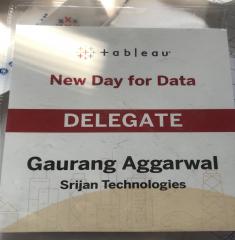

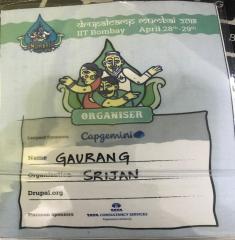
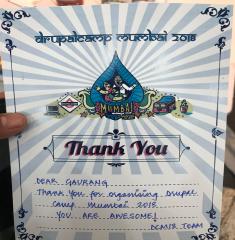
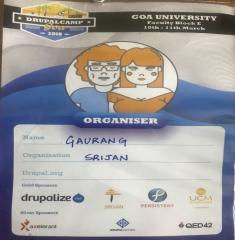
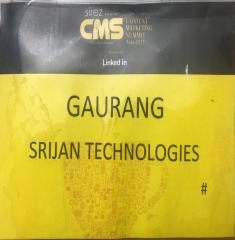
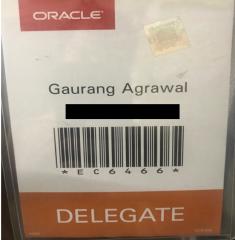
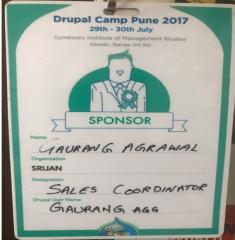
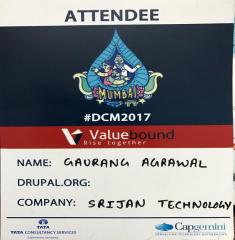
Add new comment